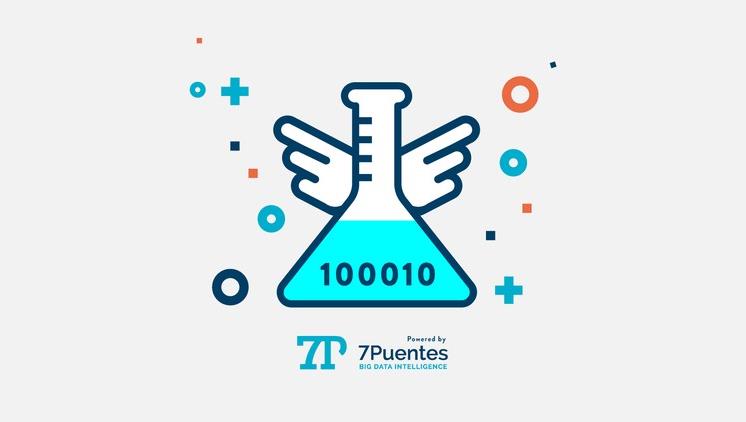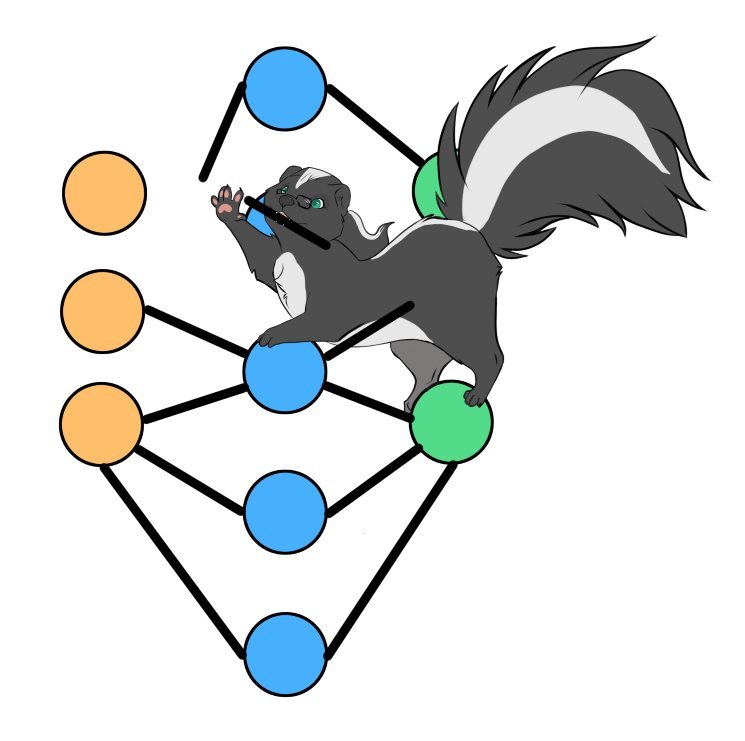Head First Data Analysis
Introductory solid book on Data Analysis

I just finished reading “Head First Data Analysis “, by Michael Milton, and it was the first book I’ve ever read from the “Head First” series.
The book was very easily approachable, with concepts introduced only when they were necessary and to make a good, valid, practical point. The whole structure of the book revolves around practice and “real life” examples (although, greatly simplified) to prove how methodical logical steps can naturally lead to a good analysis mechanism.








